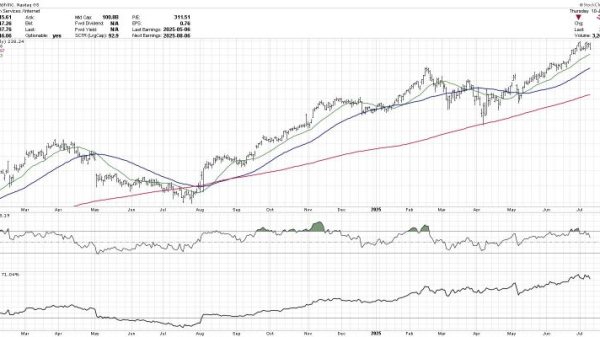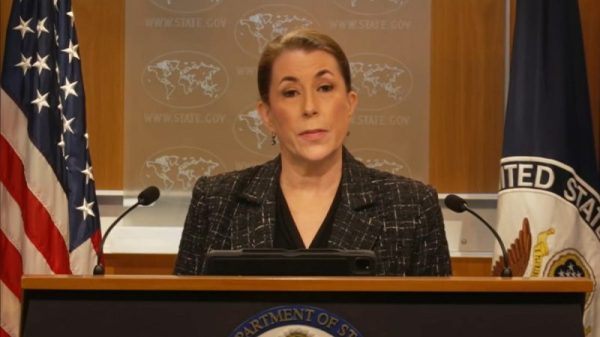The recent Bank of America outage has exposed vulnerabilities in our reliance on digital banking services. Customers were left in a state of panic and uncertainty as they found themselves staring at blanked-out account balances. The incident shed light on the risks associated with being solely dependent on technology for financial transactions.
One of the primary concerns raised by this outage is the need for contingency plans in the event of a system failure. While digital banking offers convenience and efficiency, customers must also have backup measures in place, such as keeping a record of their transactions and account balances. This incident serves as a stark reminder that technology is not infallible, and we should always be prepared for unforeseen disruptions.
Furthermore, the outage underscores the importance of effective communication between banks and their customers during such crises. Many customers were left in the dark about the extent of the problem and when it would be resolved, leading to frustration and anxiety. Banks should strive to keep their customers informed and updated in real-time to mitigate the impact of system failures on customer trust and satisfaction.
In addition, the Bank of America outage highlights the need for improved cybersecurity measures to safeguard against such incidents in the future. Cyber threats are constantly evolving, and financial institutions must stay ahead of the curve to protect their customers’ sensitive information. Investing in robust cybersecurity infrastructure and ensuring regular testing and updates are crucial steps in preventing system outages and data breaches.
Moreover, this outage serves as a wake-up call for regulators and policymakers to evaluate the resilience of the banking sector in the face of technological failures. As digital banking becomes increasingly pervasive, regulators must work with financial institutions to set standards and protocols that ensure the integrity and security of the financial system.
Ultimately, the Bank of America outage has revealed the fragility of our digital financial infrastructure and the need for greater preparedness and transparency in the face of such disruptions. It is imperative for both banks and customers to learn from this incident and take proactive steps to fortify the resilience of our financial ecosystem in an increasingly digital world.


































